Putin’s pride? Six famous gay sons of Russia
Vladimir Putin’s anti-gay propaganda laws have sought to stifle homosexual expression – but Sochi’s opening ceremony featured some of the most prominent homosexuals in international history.
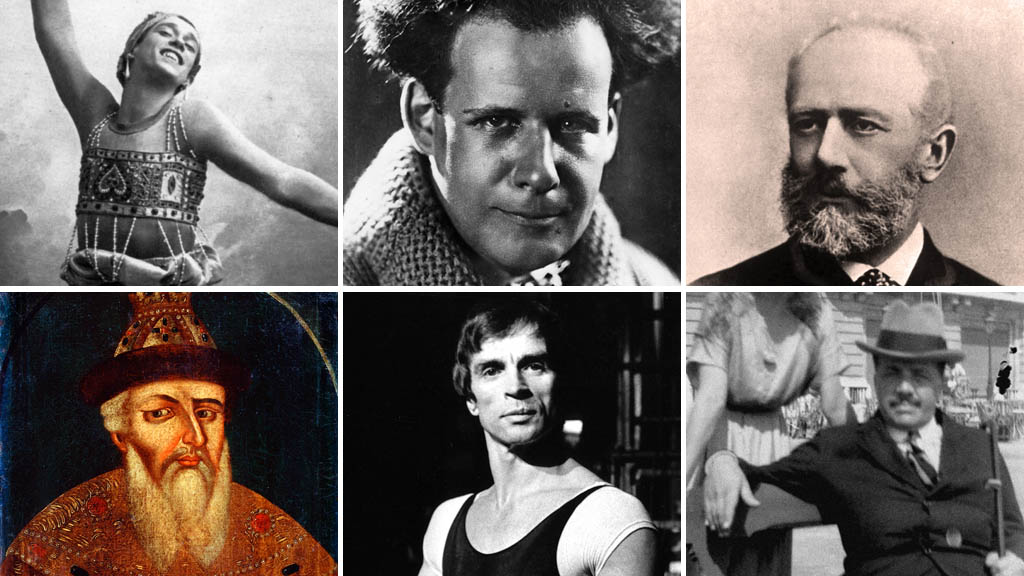
The Sochi 2014 Winter Olympics opening ceremony referenced prominent gay Russians from the field of literature, ballet, music and film – including Pyotr Tchaikovsky, Vaslav Nijinsky and Sergei Eisenstein.
Article Six of the Olympic charter states that “any form of discrimination with regard to a country or a person on grounds of race, religion, politics, gender or otherwise is incompatible with belonging to the Olympic movement”.
Channel 4 News lists below six, of the many, gay Russians that Vladimir Putin should be proud of:
Pyotr Tchaikovsky
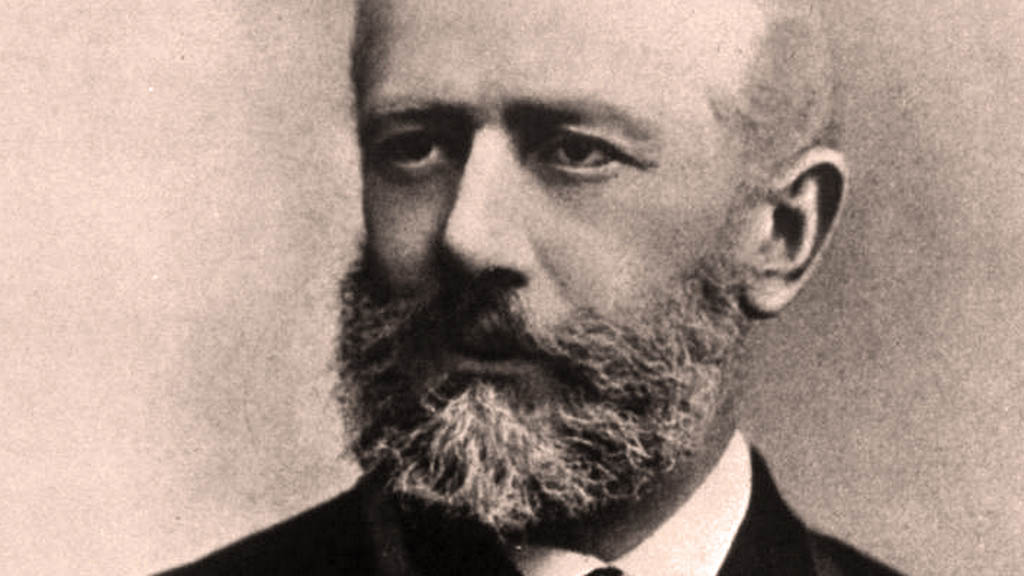
If music be the food of love, then Putin would probably choke on the works of one of Russia’s favourite sons, Pyotr Tchaikovsky.
The 19th century composer, mentioned in the Sochi 2014 opening ceremony, is a household name across the world for works including the 1812 Overture and his Romeo and Juliet composition, the ballets Swan Lake, the Nutcracker and The Sleeping Beauty, and opera such as Eugene Onegin.
Despite long being regarded as historical fact that Tchaikovsky was gay, the Russian culture minister recently denied this was the case.
Vladimir Medinsky said there was no evidence to support the claim. The script for a film about Tchaikovsky’s life, which is being made with Russian government funding, was reported to have been rewritten to exclude any suggestion that the composer was gay.
Rudolf Nureyev

Nureyev is one of the most celebrated dancers of the 20th century, a man who redefined the role of men in ballet (they had previously been supporting roles to the female dancers).
The rebellious dancer defected to the US in 1961, despite the best efforts of the KGB to prevent him from doing so. He had a 25 year relationship with celebrated Danish dancer Erik Bruhn until Bruhn’s death in 1986. Nureyev tested positive for HIV in 1984, and died in 1993.
Vaslav Nijinsky
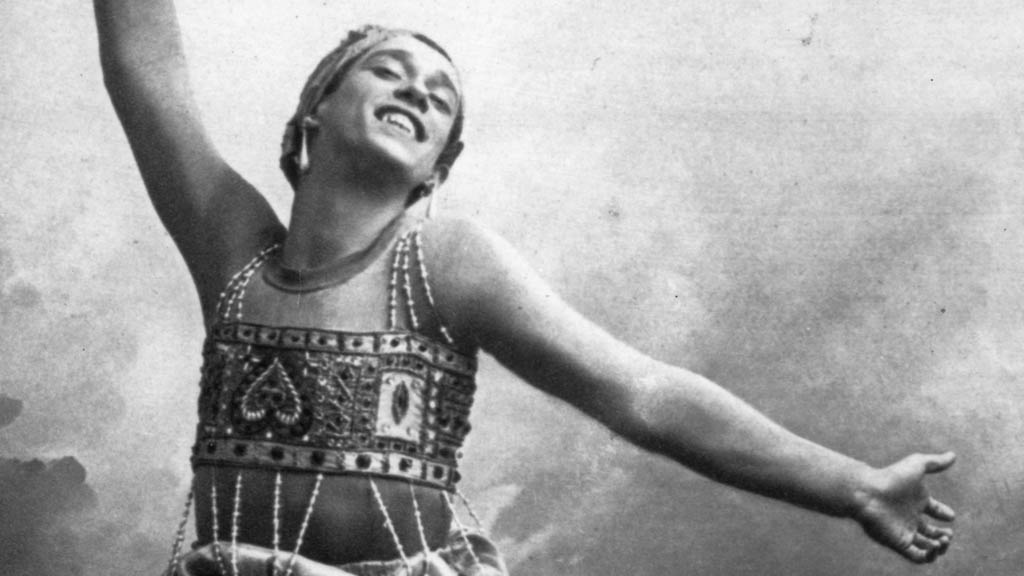
Before Nureyev there was Vaslav Nijinsky – who has been cited as the greatest dancer of the 20th century. Nijinsky, who was bisexual, won international acclaim after joining Ballet Russes, founded by Sergei Diaghilev (see below). Diaghilev and Nureyev became lovers, but when the dancer married in 1913 he was ejected from Ballet Russes.
He was a controversial character in Russia who pushed the boundaries of what was permissible in ballet, including references to homosexuality and masturbation. Nijinsky’s later life was dominated by a struggle with schizophrenia, and he spent much of his time in hospitals and asylums until he died in 1950.
Sergei Diaghilev
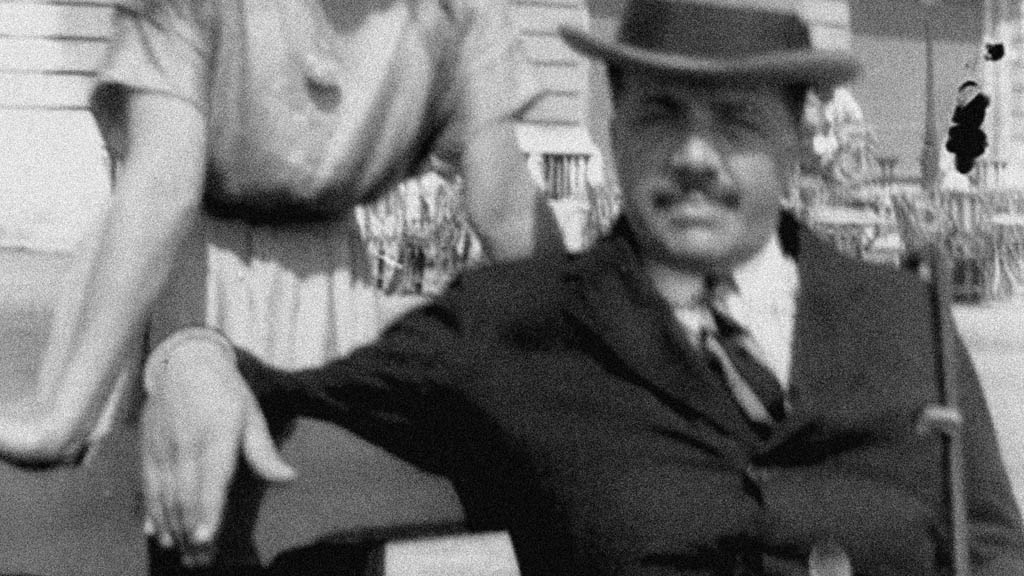
The patron of the arts and founder of the Ballet Russes, which discovered a wealth of talent including Nijinsky, who was also his lover for a time.
Diaghilev was openly gay, and was described by the composer Nicolas Nabokov as “perhaps the first grand homosexual who asserted himself and was accepted as such by society”.
Nevertheless, the acceptance was not fulsome. Diaghilev’s relationship with Nijinsky infuriated conservative elements within Moscow, led to the Tsar withdrawing funding for Ballet Russes, and ultimately led to Diaghilev’s permanent departure from Russia.
Sergei Eisenstein
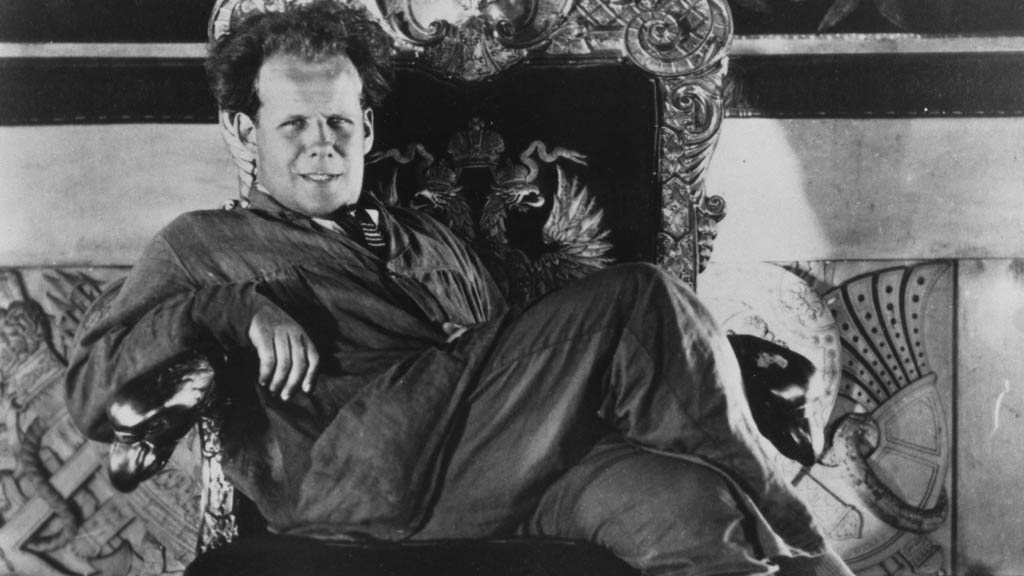
Battleship Potemkin director Sergei Eisenstein, a pioneer of the use of montage in film, is believed to have been gay, though he was married to a woman until his death in 1948.
Nevertheless, his diaries, include accounts of his attraction to men, including his assistant Grigori. The film Eisenstein explored his homosexual inclinations. Eisenstein’s body of work also include the Alexander Nevsky and Ivan the Terrible.
Ivan the Terrible
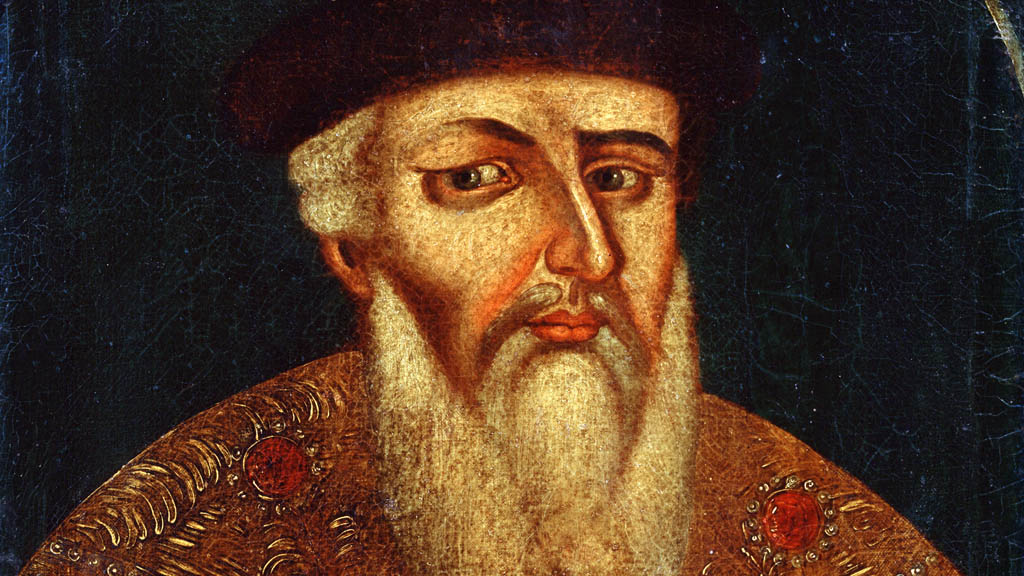
The subject of Eisenstein films himself had homosexual tendencies. Ivan the Terrible, Tsar of all the Russias in the 16th century, is reported to have been attracted to young men in women’s clothing.
Ivan, who in his time expanded Russia’s empire to include the areas of Siberia, Kazan and Astrakhan, was also married eight times and fathered eight children (one of whom he murdered).
A movement in Russia is seeking Ivan the Terrible’s canonisation – his homosexual leanings are just one barrier to the Russian Orthodox Church agreeing to this.
-
Latest news
-
Bridgerton stars Nicola Coughlan and Luke Newton on season three, diversity and Irish arts4m

-
India elections: opposition leader Arvind Kejriwal granted bail1m

-
Could Northern Lights appear over the UK again tonight?2m

-
Eurovision final: protests, expulsion and an unexplained absence2m

-
‘It’s not clear what Biden sees as a red line in Gaza,’ says former US diplomat4m

-




